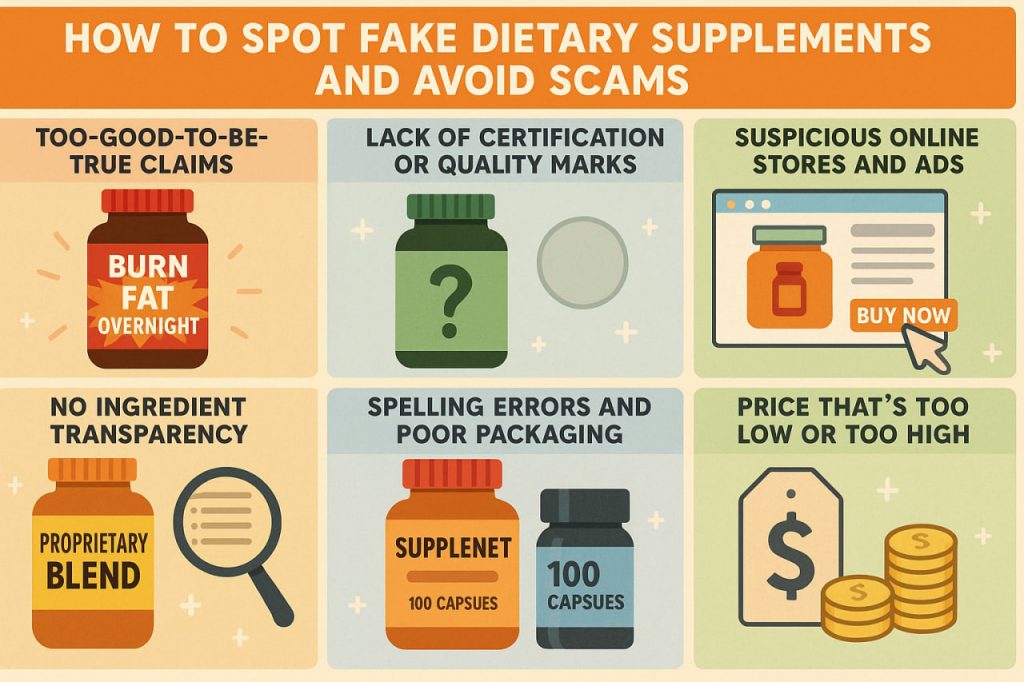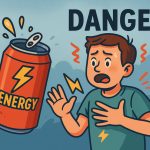The global market for dietary supplements continues to grow rapidly, promising better energy, stronger immunity, and improved overall health. But alongside legitimate products, many counterfeit supplements have flooded online stores and social media ads. These products may not just be ineffective — they can also be harmful. Knowing how to recognize fake supplements can protect both your health and your wallet.
Too-Good-to-Be-True Claims
Be skeptical of supplements that promise instant results like “burn fat overnight” or “cure any illness.” Real nutritional products work gradually and support your body as part of a healthy lifestyle. If the claims are exaggerated, it’s likely marketing — or worse, a fake product.
Lack of Certification or Quality Marks
Legitimate products often include quality seals such as GMP (Good Manufacturing Practices), third-party testing, or approval from national food or drug safety agencies. If a product lacks this information or it looks fake or low quality, it may not be trustworthy.
Suspicious Online Stores and Ads
Many fake supplements are sold through poorly designed websites or aggressive ads on social media. Be cautious of sellers with no clear contact information, return policy, or independent reviews. Stick to verified retailers and check if the brand has a real website and customer service.
No Ingredient Transparency
Reliable supplements clearly list active ingredients, their amounts, and any additives. Fake products often have vague labels like “proprietary blend” with no detailed breakdown. This prevents consumers from knowing what they are really taking.
Spelling Errors and Poor Packaging
Grammar mistakes, blurry labels, or mismatched fonts are common signs of a counterfeit product. Reputable companies invest in professional packaging. If the label looks suspicious, it’s a warning sign.
Price That’s Too Low or Too High
If the supplement is priced far below market value or unreasonably high without explanation, it could be a scam. Scammers often use psychological tricks, either offering “exclusive discounts” or claiming “rare ingredients” to lure buyers.
Consult a Professional Before Use
While this article doesn’t recommend any supplements, it’s always smart to discuss any new product with a licensed nutritionist or healthcare provider, especially if you take medications or have chronic conditions. Self-prescribing can lead to health risks.
Glossary
- Dietary supplements – products taken to add nutrients or other substances to the diet.
- Counterfeit – fake or illegally produced imitation.
- GMP (Good Manufacturing Practices) – safety standards required for quality production.
- Third-party testing – independent analysis of a product for safety and content.
- Proprietary blend – a vague term used to hide ingredient amounts in a supplement.
- Verified retailer – a seller recognized as trustworthy by official platforms.
- Nutritionist – a professional trained in dietary health and nutrition.
- Ingredient transparency – clear listing of all substances included in a product.


